Ramadan in Istanbul : What’s the difference? Is it a good idea to visit Istanbul during Ramadan?
Imagine a city where the minarets rise majestically into the sky, where the streets vibrate with an infectious energy, and where the flavors and fragrances mingle to create a mosaic of sensations. Welcome to Istanbul during Ramadan, a time when preconceptions melt away to reveal a city pulsating with life and tradition.
Contrary to what many may think, Istanbul doesn’t go to sleep during this holy month – life goes on, it transforms, offering an even richer and more immersive experience.
In this article, we dispel the myths surrounding Ramadan in Istanbul and invite you to discover how, far from slowing down, the city illuminates and comes alive. Prepare to explore a distinctive Istanbul, where the ordinary and the sacred converge, creating a symphony of unique moments.
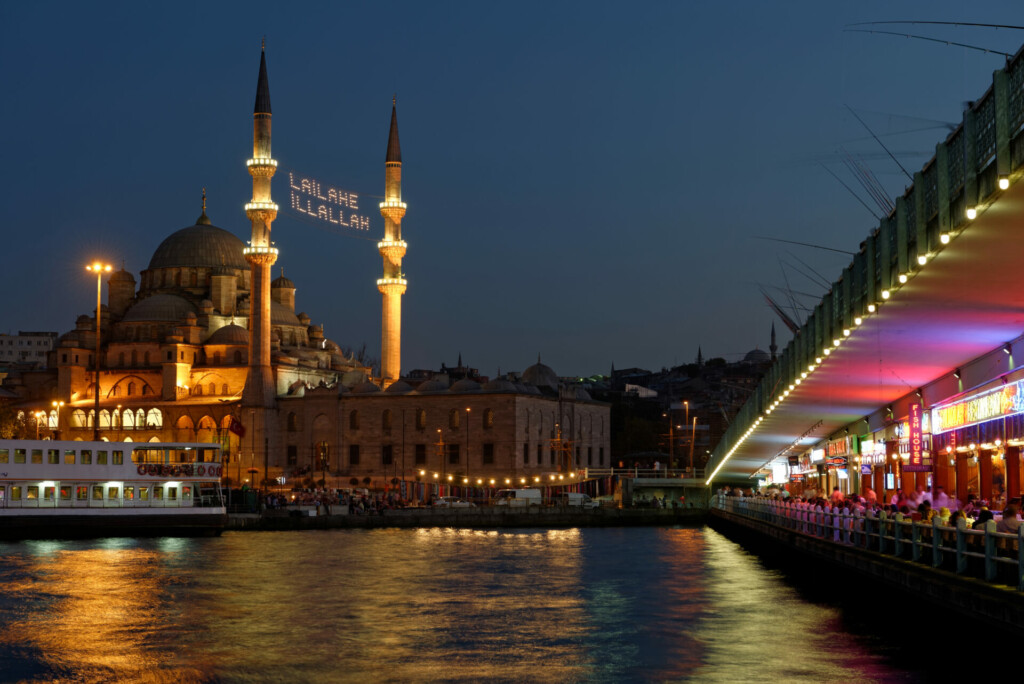
A bit of history
Ramadan, also known as the Sultan of the 11 months, begins on 10 March and ends on 9 April 2024, by the Islamic lunar calendar. According to Islamic belief, it was during Ramadan that the Koran, the holy book of Islam, began to be revealed.
This month is particularly sacred for Muslims as it marks the beginning of the revelation of the Koran to the prophet Mohammed by the angel Gabriel, a period known as Laylat al-Qadr, often celebrated around the 27th day of the month. Ramadan is characterized by fasting from sunrise to sunset, a practice that is one of the five pillars of Islam and aims to discipline the soul. The faithful are encouraged to read the Koran in its entirety during the month, which can be achieved by reading around 20 pages a day.
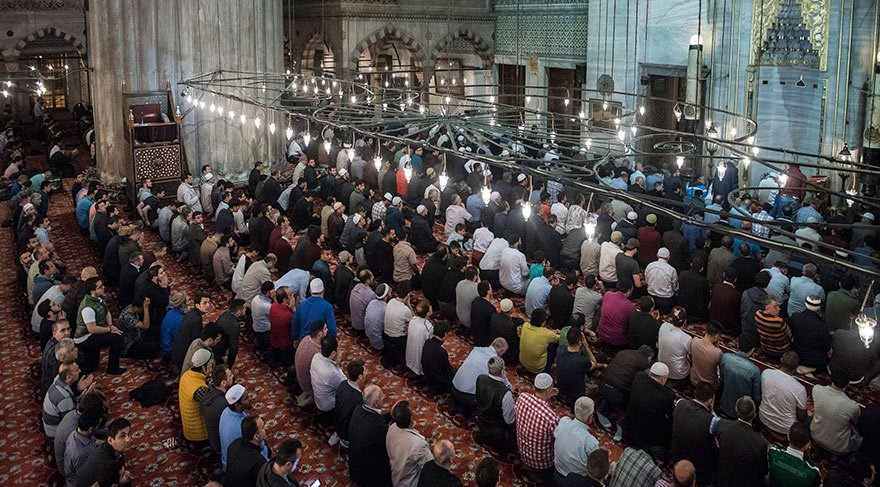
During the Ottoman era, Ramadan, as well as being a month of fasting, also revitalised social and cultural life, transforming evenings into periods of entertainment and freedom.
With the modernisation of the Ottoman Empire, post-iftar evenings saw increased activity, with women included, enjoying the same freedom accorded to non-Muslims during festivities such as Carnival and Easter. Travellers, both local and foreign, took advantage of this nocturnal freedom, as the Frenchman Théophile Gautier observed, noting that the streets were bustling and open to all until midnight.
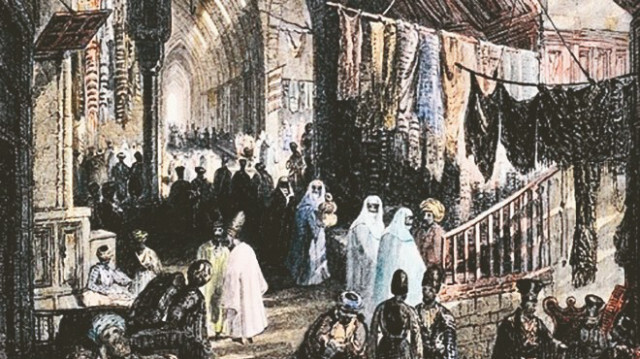
Western travellers’ accounts depict Ramadan as a period of contrast, with daytime fasting and night-time festivities reminiscent of a carnival. Theatres, cafés and tea rooms filled up, and theatre and opera companies, as well as circuses, planned their premieres to coincide with Ramadan, making it a high season for culture and entertainment.
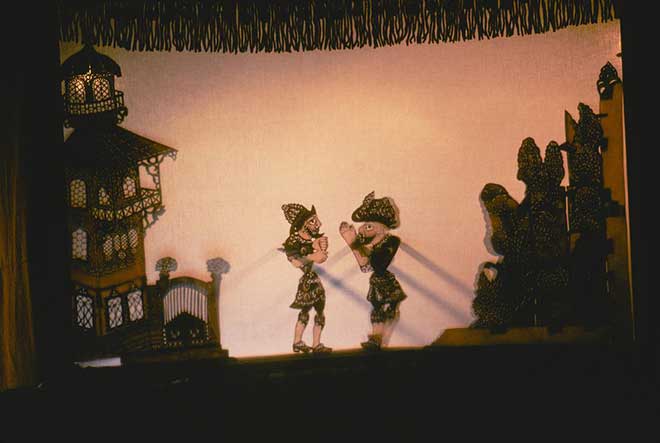
Fasting and feasting: Istanbul’s duality
In this city where Europe meets Asia, Ramadan unfolds in an atmosphere of meditation from dawn, with the ‘Sahur’, the pre-fasting meal, which sees families gather in the intimacy of dawn. The narrow streets of Istanbul, bathed in the light of dawn, are an invitation to calm and contemplation, majestic minarets stand side by side with skyscrapers, and the holy month is celebrated with fervour, without putting the hustle and bustle of city life on hold.
The myth that the city slows down during Ramadan is quickly dispelled once you take to the streets of Istanbul. Restaurants, cafés and bistros, while respecting the fasting tradition for those who wish to do so, remain open and welcoming to visitors.
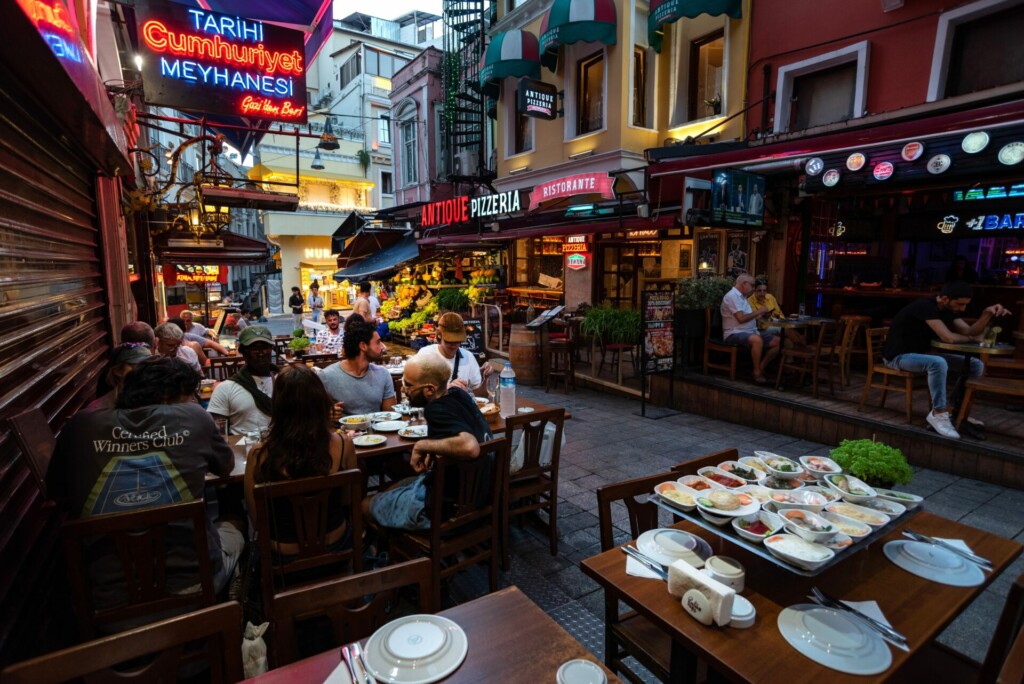
Istanbul’s iconic venues, such as Taksim and Kadıköy, are in full swing, offering music, dancing and entertainment late into the night. Clubs and bars, with stunning views of the glittering city, offer themed nights, DJ sets and live bands to suit all tastes. Ramadan in Istanbul is an invitation to celebrate life, culture and conviviality, with mutual respect for traditions and contemporary lifestyles.
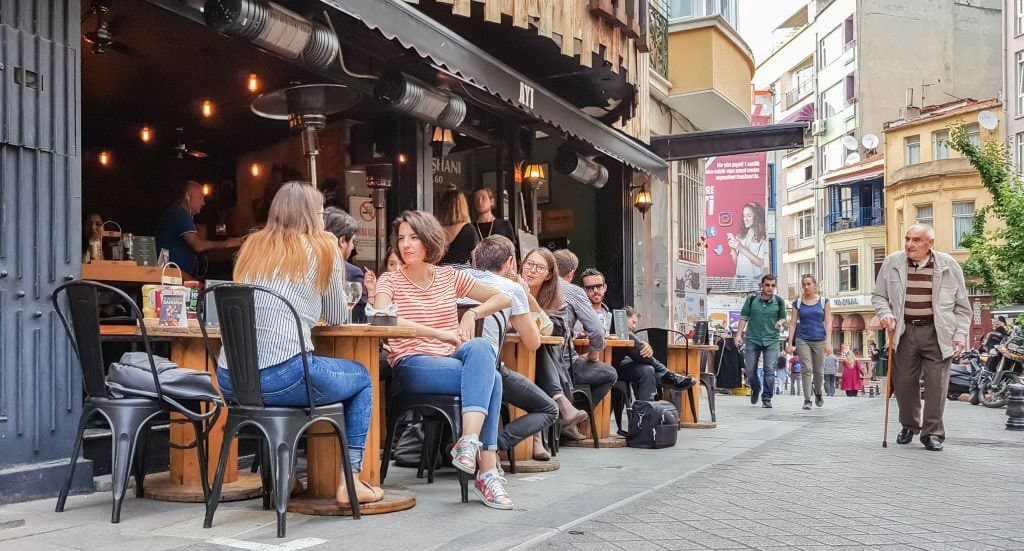
A mosaic of night-time activities
Ramadan in Istanbul is first and foremost a testament to Turkish hospitality. The inhabitants, proud of their heritage, willingly share this period of piety and festivity.
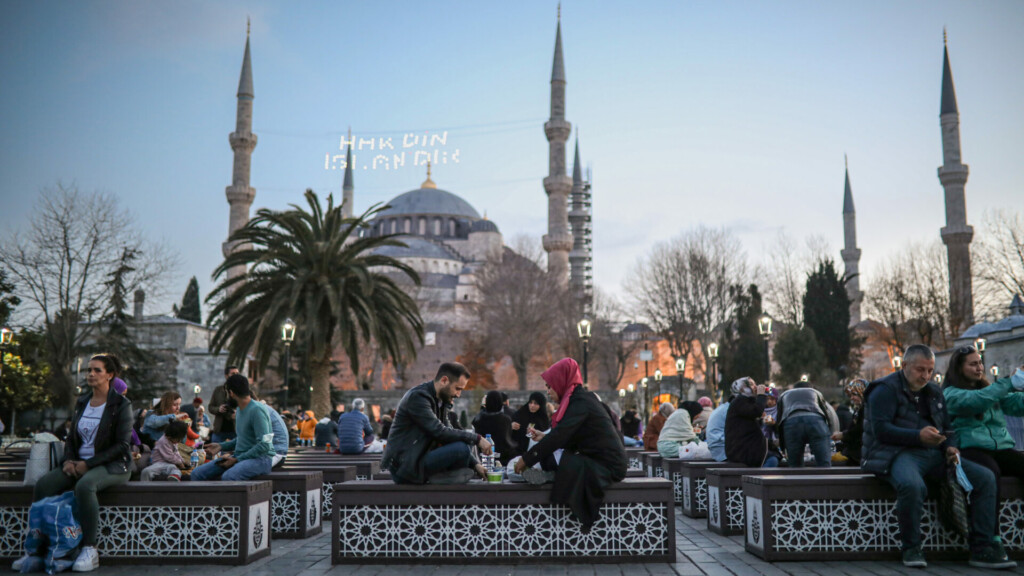
The breaking of the fast, or “Iftar”, far from marking an end, signals the start of the festivities. Historic and modern districts come alive, offering culinary experiences that go far beyond traditional Turkish cuisine. Taking part in a street iftar or being invited by a local family offers a window into the soul of Istanbul, an experience that goes far beyond mere tourist attractions. The streets, squares and banks of the Bosphorus become the scene of concerts, street performances and celebrations that bring Istanbulites and visitors together in a friendly, festive atmosphere.
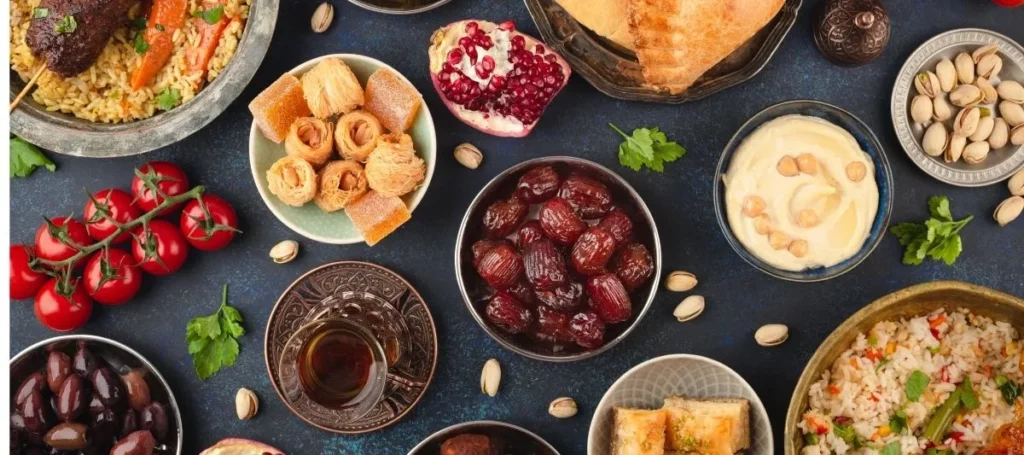
The Bosphorus lights up, reflecting the lights on the bridges and boats. Neighbourhoods such as Beyoğlu and Karaköy come alive, offering music, art and gastronomy until the first light of dawn.
Why choose Istanbul during Ramadan?
Choosing to spend Ramadan in Istanbul means immersing yourself in a city which, while honouring its traditions, never forgets to celebrate life. It means discovering a different Istanbul, where every day is an invitation to explore, to feel and to marvel. For travellers keen to immerse themselves in a vibrant culture, Ramadan in Istanbul offers an incomparable backdrop.
In addition to our culinary walk (culinary and cultural walk on two continents), and our other programs (guided tours), we can put at your disposal our guides to help you discover our city in depth. If there are monuments, museums and specific activities you want to do, do not hesitate to let us know, we are very flexible, you are on vacation and Istanbul is a city where anything is possible. We also organize tailor-made tours outside of Istanbul. For more information, contact us.
We wish you a pleasant stay in Istanbul! If you have any questions, do not hesitate to contact us.
- Culinary and cultural walk on two continents
- Discover the contrasts of Istanbul: Fatih, Fener, Balat, and Beyoğlu
- The best museums in Istanbul
- The best fish and mezze restaurants in Istanbul
- The best hammams of Istanbul
- Where to shop in Istanbul?
- Home page


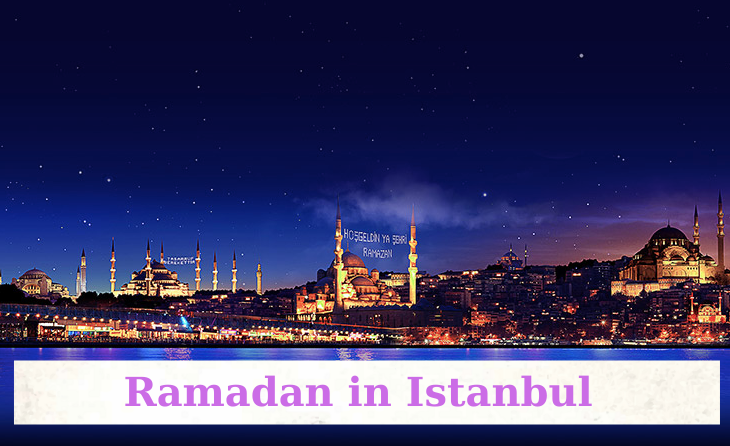
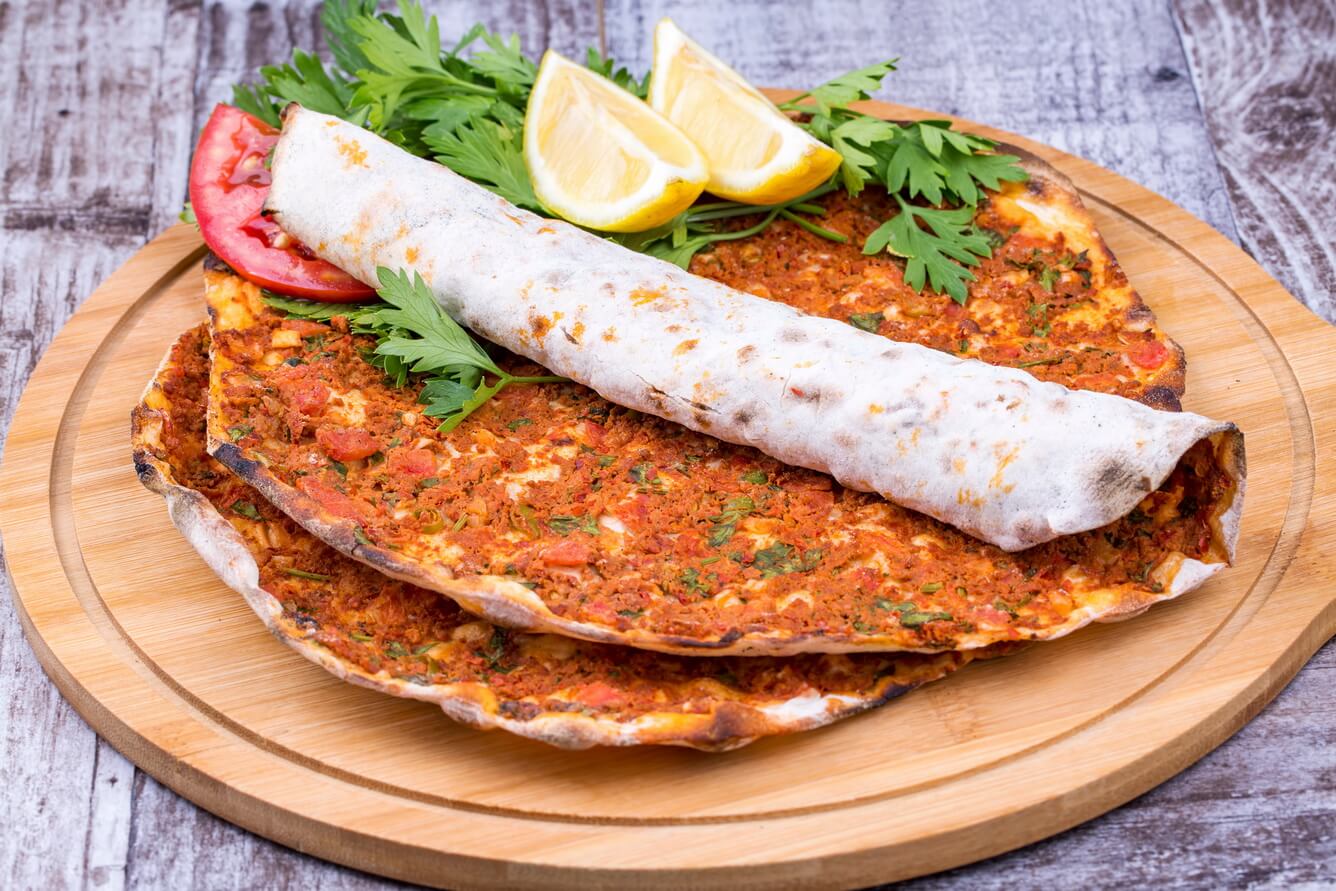
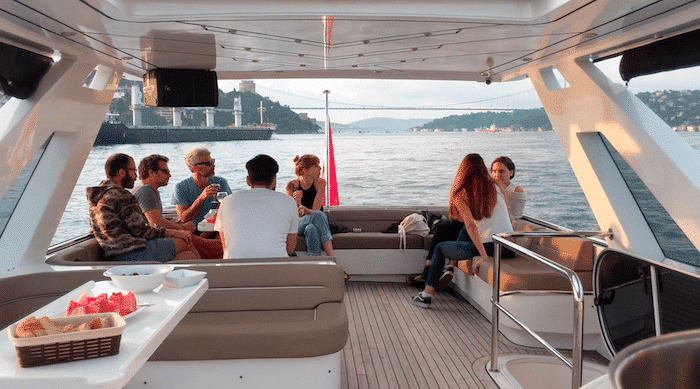
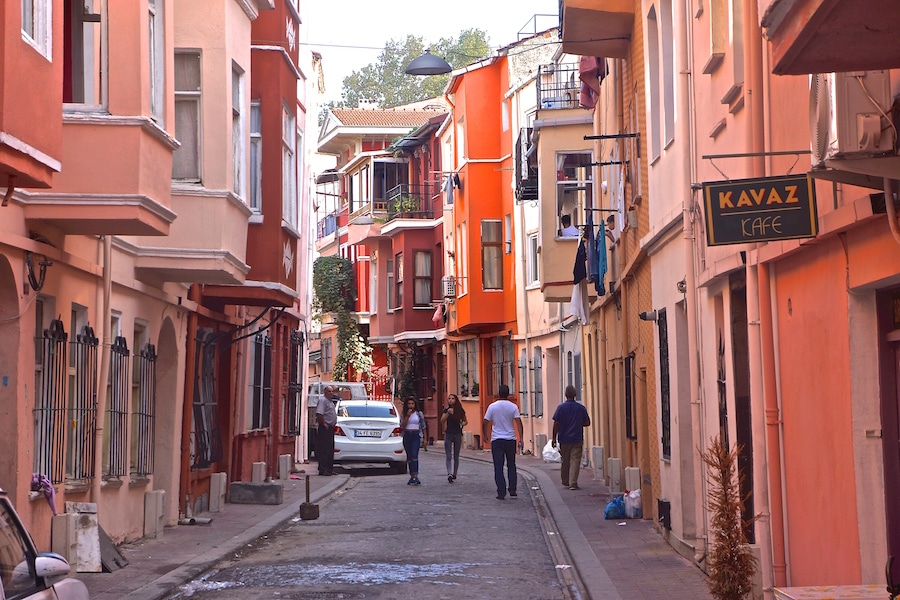
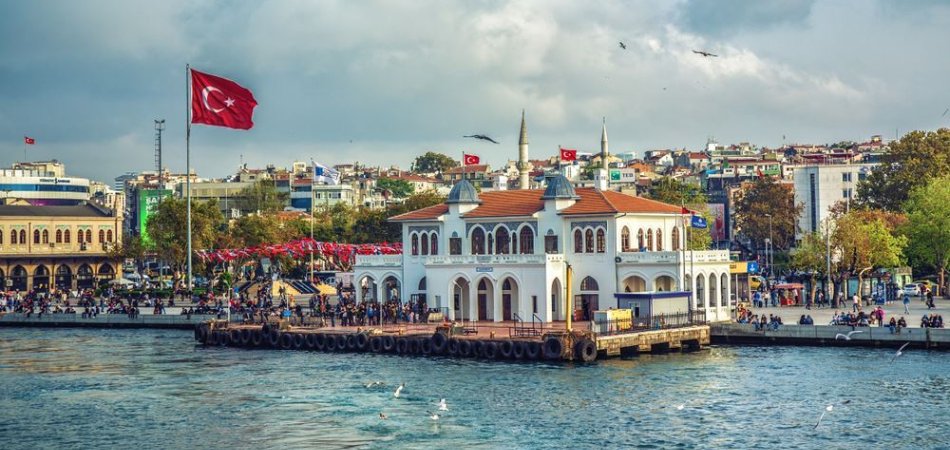
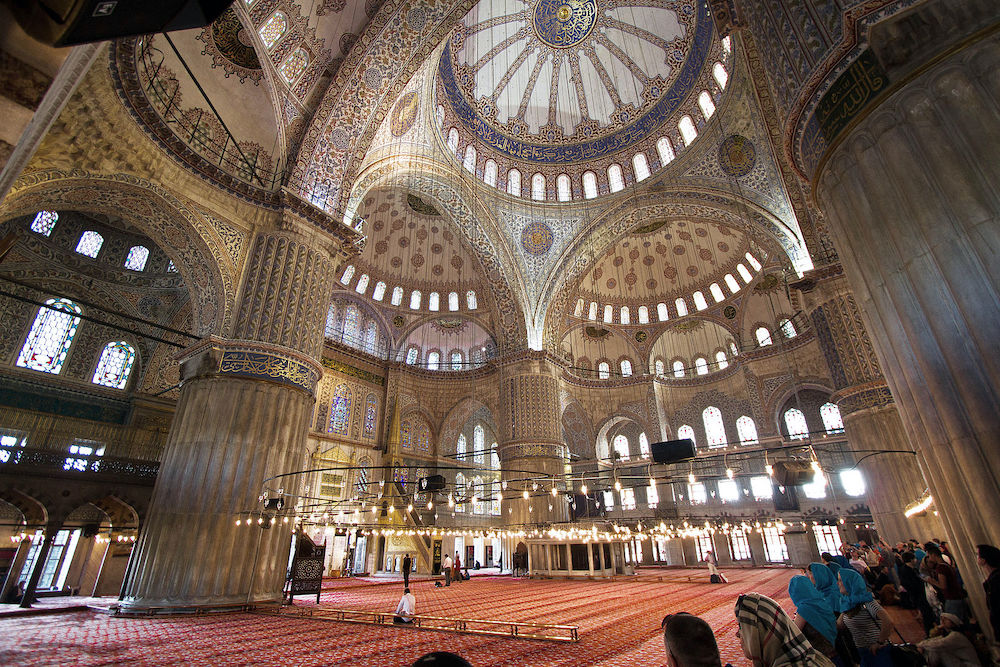
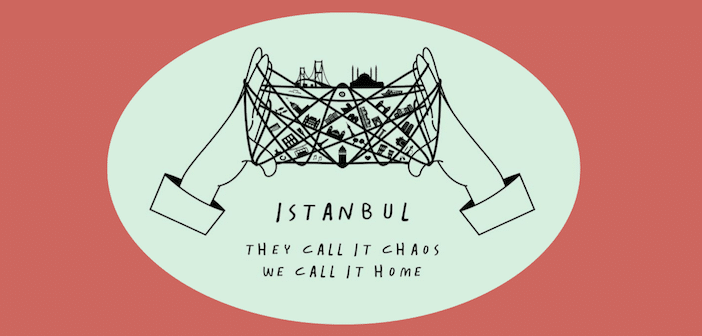

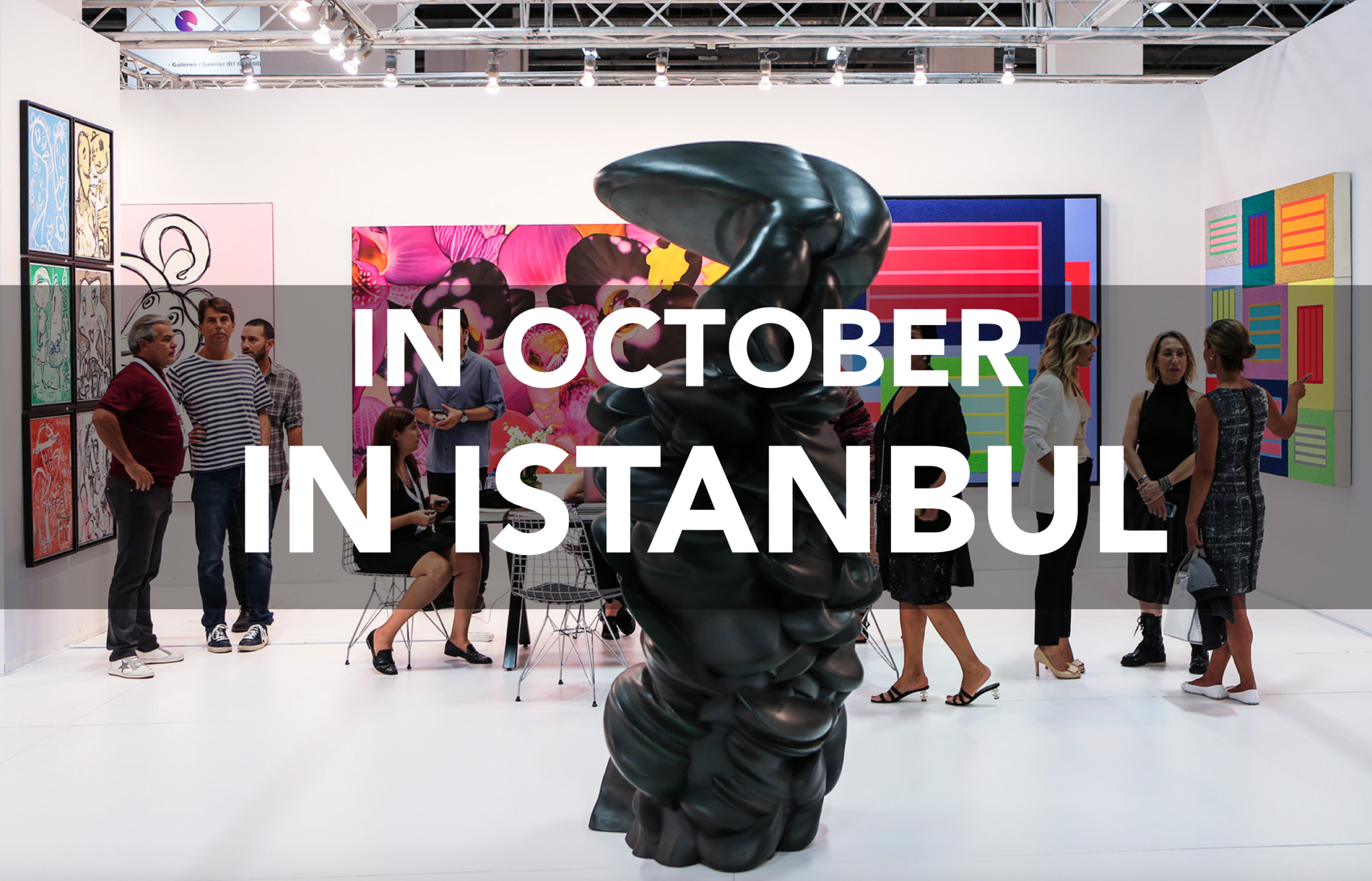
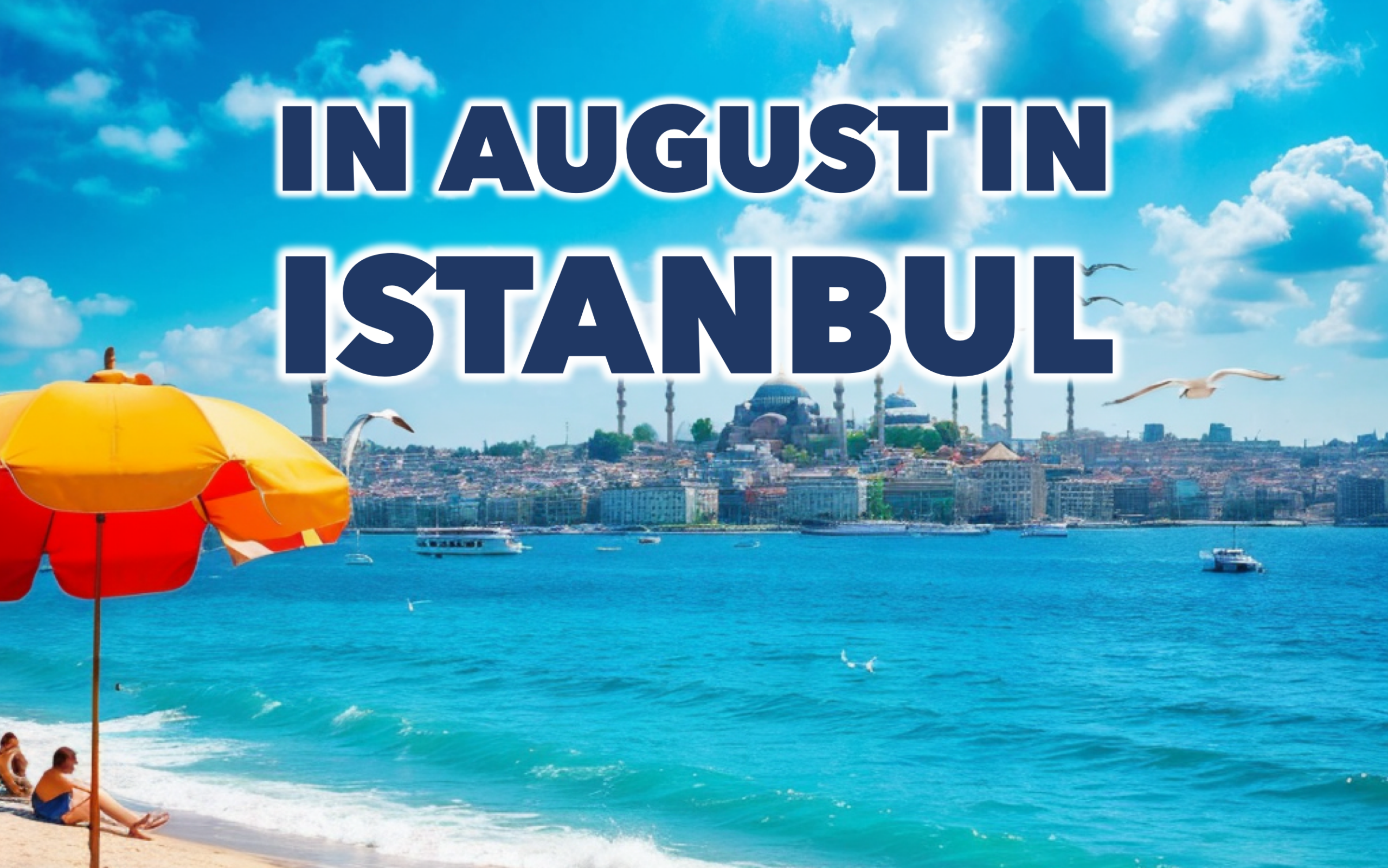
0 Comments